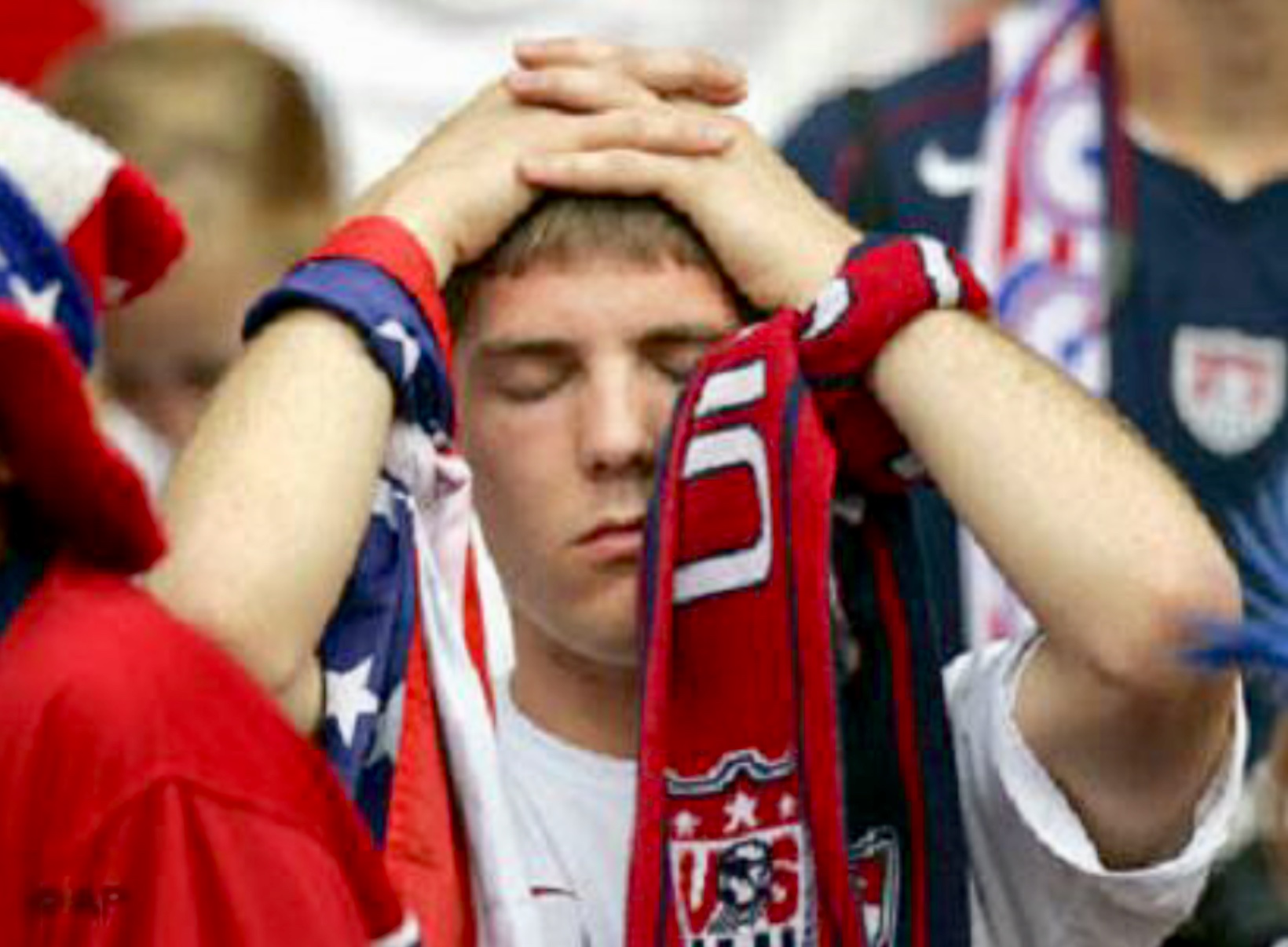
“I think there has been this rhetoric that has been spewed out over the last couple of years – players have to go to Europe. If you want to go to Europe that’s fine, but I would guess that come 2018, 80% of our roster will be made up of MLS players. It is not about where you play, it is about what you bring to the team and how much you care.” ~ USMNT Goalkeeper, Tim Howard – January 2017
 The U.S. Men’s soccer team will not be participating in the 2018 World Cup Finals. That bad news was finally determined a few days ago, and it has taken me that long to gather my thoughts. While there are many reasons for this elimination and many more problems with U.S. Soccer, the statement above is at the core.
The U.S. Men’s soccer team will not be participating in the 2018 World Cup Finals. That bad news was finally determined a few days ago, and it has taken me that long to gather my thoughts. While there are many reasons for this elimination and many more problems with U.S. Soccer, the statement above is at the core.
The sad trip ended on Tuesday night, but we started down this road in April 2013 when Clint Dempsey left Fulham FC in English Premier League to play in MLS. He left arguably the most competitive league in the world to come home and play in the U.S. Michael Bradley, Jozy Altidore, Tim Howard – the core of the USMNT – soon followed, leaving their teams in Europe. That was the beginning of the decline that eventually eliminated our country from participating in the 2018 World Cup,
US Soccer has exhibited a cockiness that is unfathomable to me. Soccer is the most popular sport in almost every civilized country in the world, and it is played the same way everywhere. The rules of the game are the same. Professional league rules are the same. Except in the United States. Player development differs, and one can certainly argue that passion for the sport is key. But for some inexplicable reason, our players and supporters ignore a belief shared around the world – Country First, Club Second.

One of the true principles of development in soccer – or any sport – is that if you play with and against better players, you become a better player. It works consistently at the youth and professional levels. In a list of the Top 100 Footballers in the World published by The Guardian in 2016, only five of the top twenty-five played professionally in their own country. So Howard’s belief is false to me, but he was close to right about one thing: The roster for Tuesday night’s match against Trinidad and Tobago was 72% MLS players. So we may reach his 80%, but since we won’t be in the World Cup in 2018… who really cares?
The passion for the sport is much less here, but it is growing. MLS is trending up in popularity and succeeding financially, but it will be decades before it rivals top European leagues – if ever. It has been said that part of the success is due to its close relationship with US Soccer, and I agree. But while MLS continues to grow, expected growth in domestic talent and development has not happened. That makes the relationship very one-sided.
I’m keying on one issue, but there are others. Player development must be examined more closely than ever, and many have been crying out for the heads of manager Bruce Arena or Sunil Gulati, president of the United States Soccer Federation. While those steps may be necessary, the core issue will remain. If our players and fans want to compete on the international level, the national team must be the priority.
By the way… the ladies understand that.

The USMNT-less World Cup will go on, and I will watch all of it. But I’ll really miss screaming and yelling and singing for my country with my son and hundreds of others at a local drinking establishment. And that makes me sad.
Our country is experiencing unprecedented conversation about national pride. Our citizens question each other daily… Do you have pride in your country? Are you American? Or more accurately, are you American enough? But looking at the last two years of US Soccer, one can see that being the greatest country in the world must be earned… it isn’t a given.
